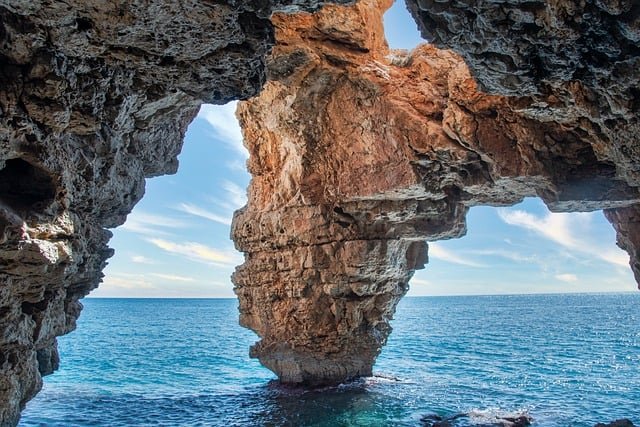Choosing the right wine cooler is essential for any enthusiast looking to preserve their collection’s integrity. This article delves into the critical factors of temperature stability and humidity control, explaining their profound impact on wine’s aging process and ultimate taste profile. Understanding these elements is the first step to perfect preservation.
The Critical Role of Temperature Stability
Consistent temperature is the single most important factor in wine storage. Fluctuations cause the liquid to expand and contract, which can push the cork out slightly, allowing oxygen to seep in and prematurely age the wine. This oxidation leads to a loss of aroma, flavor, and complexity. A study by the University of California, Davis, Department of Viticulture and Enology has consistently emphasized that a steady temperature between 45°F and 65°F (7°C and 18°C) is ideal for long-term aging, with 55°F (13°C) often cited as a perfect benchmark.
Modern wine coolers are engineered to maintain this precise stability through advanced compressor and thermoelectric systems. Unlike a standard refrigerator, which cycles on and off frequently and has a dry environment, a dedicated unit protects your investment by eliminating the thermal shock that quickly ruins a fine bottle. For collectors, this means a wine cooler is not a luxury but a necessity.
Humidity Control and Protection
While temperature is paramount, humidity control is its crucial partner. The ideal relative humidity (RH) level for wine storage is between 50% and 70%. This range keeps the natural cork from drying out and shrinking. A dry cork will fail to form an airtight seal, again permitting oxygen entry and leading to spoilage. Conversely, excessive humidity can promote mold growth on labels and capsules, which, while not directly harming the wine, damages its provenance and resale value.
High-quality wine storage units actively manage internal humidity. Some models feature built-in humidity control systems, while others are designed to naturally maintain a more humid environment than a standard kitchen fridge. This careful balance ensures corks remain moist and elastic, preserving the seal and allowing the wine to mature slowly and gracefully over years or even decades.
In summary, proper wine preservation hinges on mastering two environmental factors: unwavering temperature stability and adequate humidity control. Investing in a dedicated wine cooler that expertly manages these conditions is the most effective way to safeguard your collection. By providing this stable ecosystem, you allow each bottle to evolve fully, ensuring every opened wine meets its intended potential.
